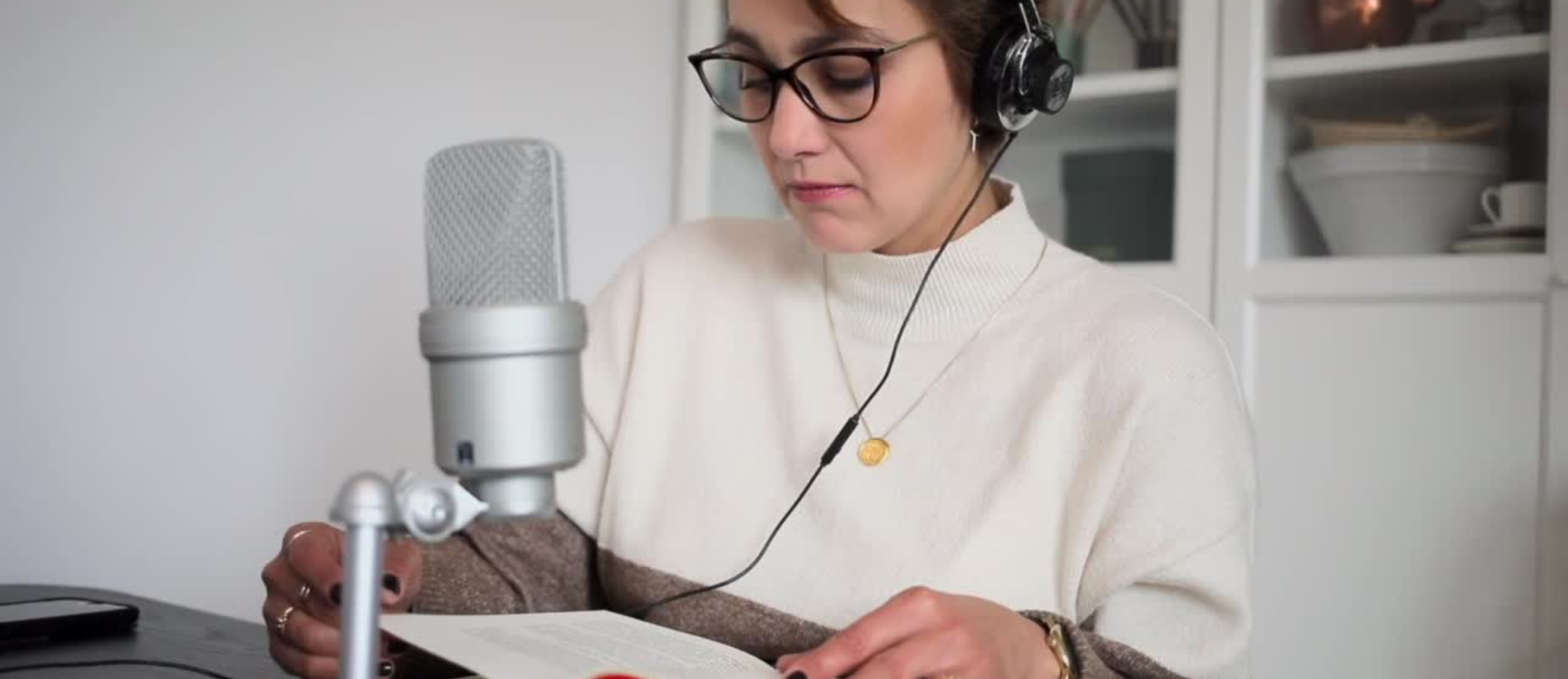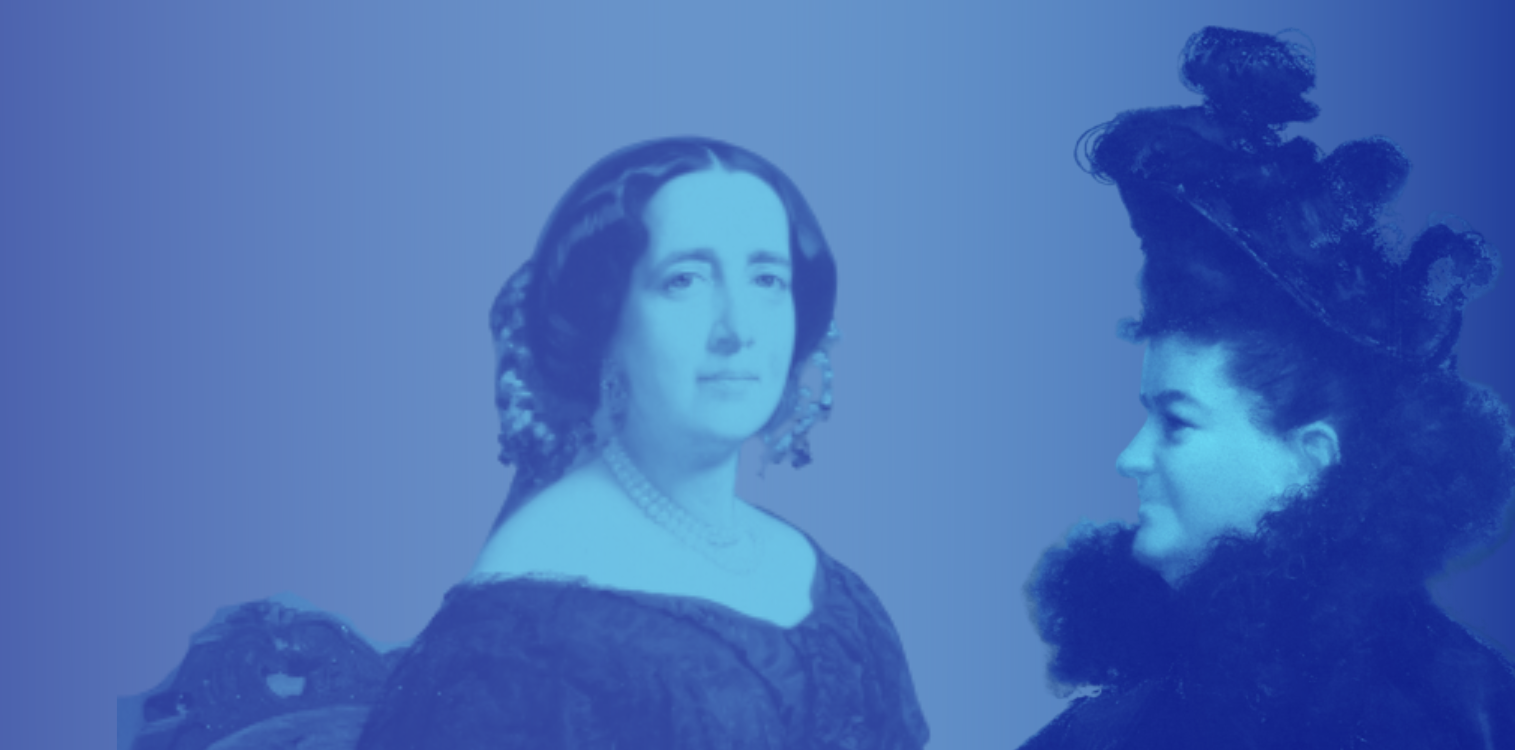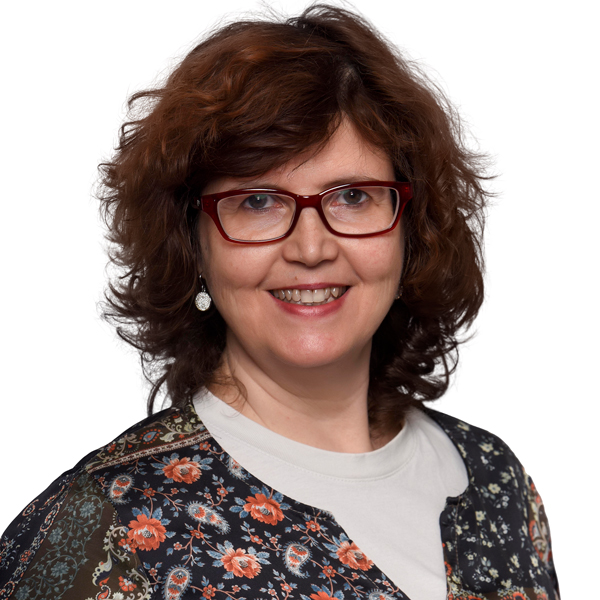Give voice to the work of women writers: follow in the footsteps of 40 information professionals
Subject: Arts and humanities | Information and Communication Sciences
The second Shared Stories campaign commences, to raise the profile of the literary legacy left by women writers
The initiative is aimed at working professionals and students in the field of information and documentation
Mireia Castillón is responsible for overseeing the activities assigned to the Library in the Universitat Oberta de Catalunya's (UOC) Gender Equality Plan. She is also an advisory member of the university's Equality Unit. Last year, she coordinated the Shared Stories campaign, together with Marta Isabel García, member of the library team at the Universidad Camilo José Cela (UCJC). Now, to mark the second such campaign, Mireia has provided us with more details on the initiative.
How did Shared Stories come about? What does it involve?
We kicked off the campaign, together with the UCJC library, to coincide with Women Writers Day, which is organized every year by Spain's National Library. The idea was to organize an activity to help raise the profile of the literary legacy left by women writers and promote their works by bringing them to a wider public. We wanted to do this by creating synergies with other libraries and helping to work towards the 2030 Agenda's Sustainable Development Goals (SDG). That's why we made an appeal to library professionals and provided a list of public domain works by a range of Spanish women writers. They had to select one and make a recording their reading it.
What was the outcome of the first initiative?
In total, we received around 40 audio readings and we published all of them on a web page under a Creative Commons licence, in audio or video format, to make them available to everyone. The campaign was really well received. The readings were in Spanish, Galician and Catalan, recorded by the staff of public or university libraries in different parts of Spain. You can listen to works by Emilia Pardo Bazán, Fernán Caballero and Gertrudis Gómez de Avellaneda, among others.
What are the main goals of the Shared Stories campaign?
One of the chief goals is to give these women writers the recognition they deserve and to promote the dissemination of contents with a gender perspective openly on the internet. What's more, we look to foster understanding of and interest in the 2030 Agenda and the SDGs, more specifically Goal 5, to achieve gender equality and empower all women and girls. Shared Stories is also an opportunity for partnering with other libraries and professionals and, together, to make a contribution to achieving the SDGs.
And now there's the second campaign's call to take part. What's new this year?
For this second such initiative, we're calling for the participation of information and documentation professionals and, now for the first time, students studying in this field. We've also broadened its scope so that those working in international libraries can take part. Additionally, we're offering the chance to read international women writers who've written in Spanish, Catalan, Basque or Galician.
How can we take part?
The first step is to register for the campaign, and accept the terms and conditions. After you've registered, we'll invite you to a Google Classroom, where you can check out the list of public domain works to be read and choose the one you want to record. We'll provide a range of tips for recording your reading, which you'll then have to upload to a folder that's shared with the other participants, prior to 25 September. We'll be sharing them on social media with the hashtag #RelatosCompartidos.
The UOC Library and the 2030 Agenda
In 2022, the International Federation of Library Associations and Institutions (IFLA) included the UOC Library in its Library Map of the World - SDG Stories, a project that brings together activities and initiatives undertaken by libraries to help achieve the UN Sustainable Development Goals. The UOC was the first institution in Spain to take part, sharing its actions to boost equality and women's empowerment (SDG 5) and quality education (SDG 4).
If you have any questions regarding Shared Stories, send them via the Contact button on the campaign's web page.
Experts
Mireia Castillón
Operative subgroup: Law and Political Science resource manager, vocational training, gender perspective Operative group: Library for Learning




